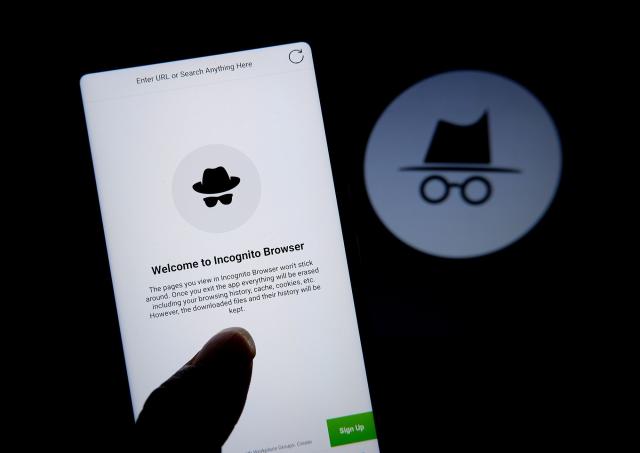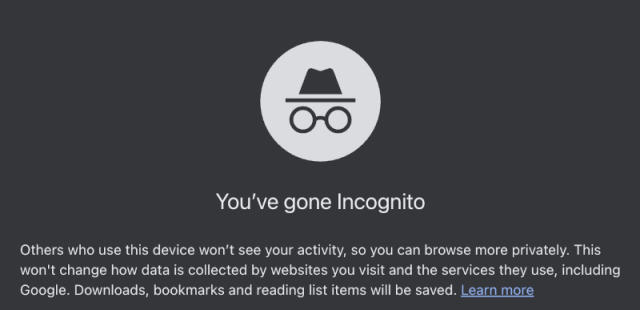Google Agrees to Delete Web Browsing Data Collected in ‘Incognito’ Mode
In a landmark settlement, Google has agreed to delete certain web browsing data collected while users are in ‘Incognito’ mode, marking the conclusion of a high-profile lawsuit accusing the tech giant of using its incognito mode. It has been accused of misleading users about the level of privacy it provides. Browsing facility. The agreement follows extensive legal discussions and is seen as an important step towards enhancing user privacy.

Image Source: finance.yahoo.com
The lawsuit, initially filed in 2020, challenged Google’s practice of tracking and collecting personal data even when users opted for incognito mode in the Chrome browser, arguing that the company’s actions violated its The privacy claims were refuted. Incognito Mode is marketed as a feature that allows users to browse the web without having their activities saved on their browser or device.
Under the terms of the settlement, Google has not only agreed to delete the contested web browsing data but also committed to making its privacy policies and data collection practices more transparent, especially regarding Incognito mode. This move is expected to have far-reaching implications for how tech companies communicate privacy features and handle user data.
A Win for Privacy Advocates
Privacy advocates have hailed the agreement as a victory for consumer rights and data protection. A spokesperson for a leading digital rights organization said, “This settlement sends a clear message to tech companies that they cannot avoid accountability for privacy intrusions.” The agreement highlights the growing demand for clear privacy protections and transparency in the digital age.
Google's Commitment to Privacy
In response to the settlement, Google issued a statement reiterating its commitment to user privacy. “Protecting the privacy of our users and keeping their data secure is a top priority for Google. This agreement continues our efforts to bring transparency to how we use data and give users more control over their information,” the statement said. Reflects the efforts being made.”
As part of its commitment, Google has promised to increase the visibility of its privacy policies and provide users with more detailed information about what data is collected in Incognito mode and how it is used. These changes are intended to help users make more informed decisions about their privacy settings and the data they share online.
Implications for the Tech Industry
The agreement is expected to have a significant impact on the tech industry, setting a precedent for how companies handle user data and privacy. Experts suggest this could lead to more stringent privacy standards and increased regulatory scrutiny of tech companies’ data collection practices.
Conclusion
As the digital landscape continues to evolve, the Google Incognito lawsuit settlement highlights the critical importance of privacy protections and the need for transparency in the tech industry. This agreement could pave the way for stronger privacy measures and more user-friendly data policies, which will ultimately shape the future of Internet browsing and user data management.
